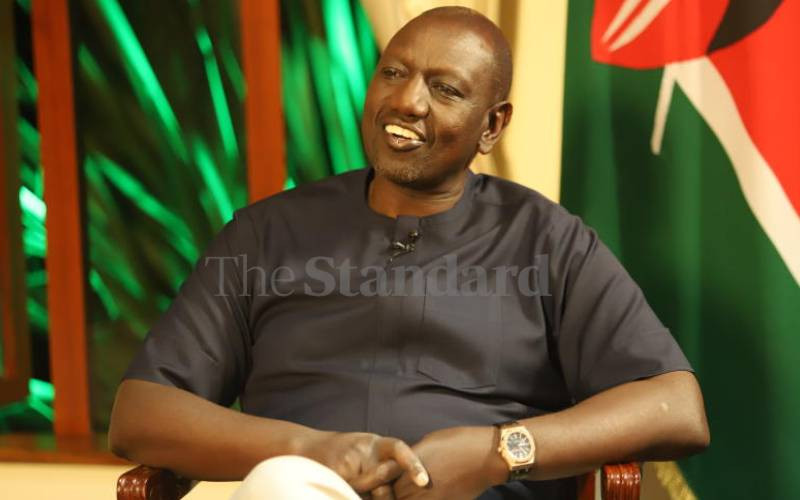×
The Standard e-Paper
Kenya’s Boldest Voice

Kenya Kwanza has promised to pump in Sh8.8 billion to revitalize the dairy sector, an investment that would see the country produce enough milk to meet local demand and have surplus once it takes over government.